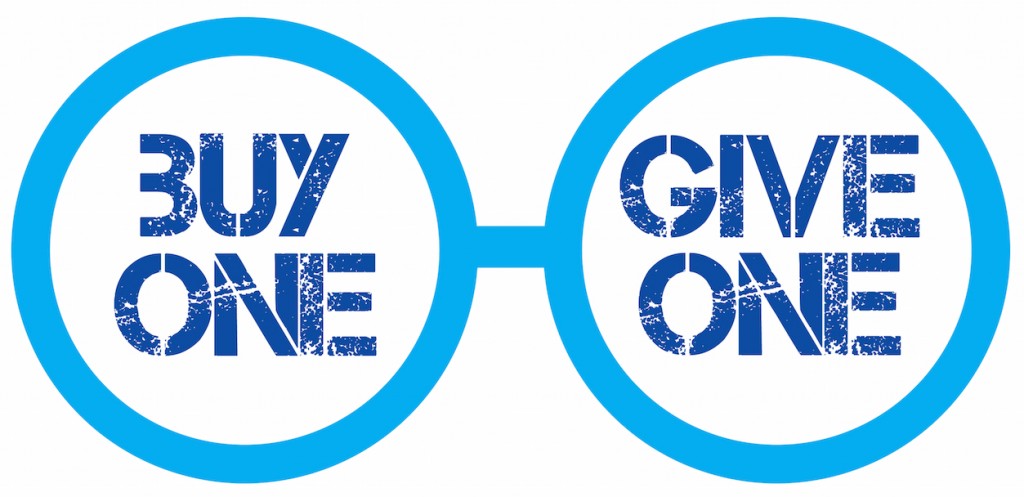
The original idea behind the Buy One, Give One business model was to marry a commercial endeavor with social value. When a consumer purchased a product or service, the same product or service would be given by the company to an individual in need. This appealed to consumers because they could feel charitable just by buying things, and their contribution was a tangible one.
Blake Mycoskie, who founded TOMS in 2006, pioneered the idea of Buy One, Give One with his pledge to donate a pair of shoes for every pair that TOMS sold. This idea was inspired by a visit to Argentina where Mycoskie saw a lack of shoes in many communities. In the years following, a handful of Buy One, Give One companies began cropping up. Some notable examples are Warby Parker, an eyeglass manufacturer, Soapbox Soaps, and Two Degrees Foods. According to an infographic from The University of Maryland’s Online School of Business, In 2009 Mycoskie received The Secretary of State’s Award for Corporate Excellence because of his inspiring approach to entrepreneurship.
The idea behind Buy One, Give One is a noble one. On the surface, it would be difficult to criticize anyone practicing this kind of social entrepreneurship. However, in recent years this model has come under scrutiny. Critics argued that these donated goods only treated the symptoms of deep-seated community issues such as poverty and a lack of healthcare and that they decreased demand for locally-sourced goods. They advocated instead for these companies to redirect their charitable efforts to treat the issues themselves.
Mycoskie was receptive to these concerns. In 2013 TOMS pledged to manufacture one-third of its shoes in countries that received their donations by 2015. Similarly, the guys behind Warby Parker are helping train men and women in impoverished areas to administer eye exams and sell affordable eyewear. They accomplish this through nonprofit partnerships.
While the next generation of Buy One, Give One might not be as tangibly satisfying as the original model, the changes these companies are making are better designed to make a lasting difference. Some argue that the growing popularity of socially-conscious entrepreneurship will cause an oversaturation of this model and implementing it will no longer set a company apart from its competition. This doesn’t sound like such a bad thing. In order to appeal to socially-consumers, companies will have to get creative. I personally am excited for what this might mean.

